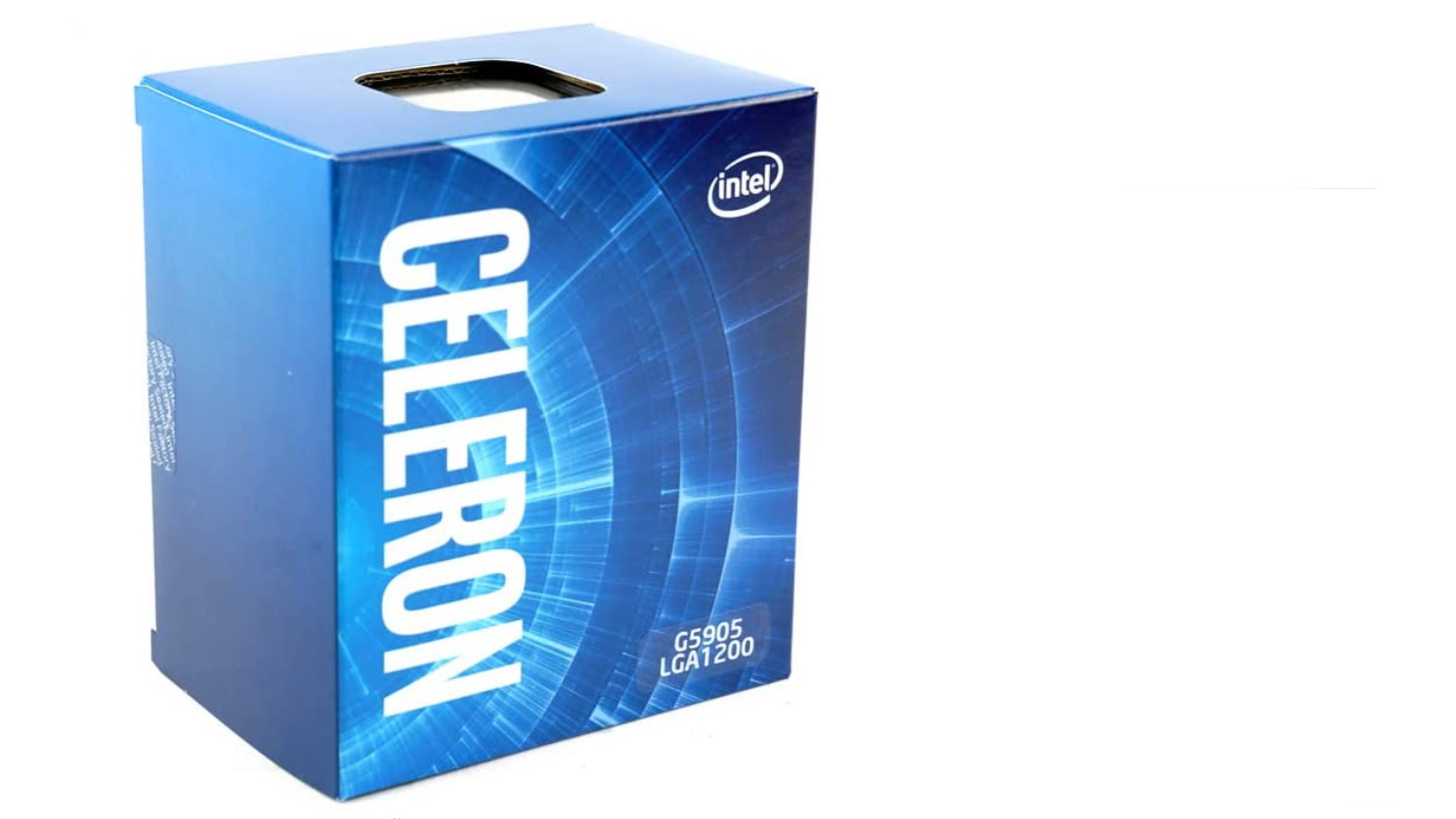My Amazon Prime Day warning: Please don't buy PC or laptops using these CPUs
Here’s a list of all the AMD and Intel processors to avoid when buying products this Prime Day

Sign up for breaking news, reviews, opinion, top tech deals, and more.
You are now subscribed
Your newsletter sign-up was successful
Preparing for our Prime Day PC deal page, I looked at more than 100 computers - some of which featured in our best mini PC guide - available at Amazon that sell for less than $200 - at the time of writing - and identified their processors in a bid to find out the best buys.
I identified 20 different CPUs and looked for their scores on Passmark, one of the most popular benchmarking software on the market, to identify the worst performers, the ones to avoid at all cost if you don’t want to end up with a PC that’s slow as a snail for your Amazon Prime Day and is not compatible with Windows 11.
Remember that Amazon Prime Day ends very soon so stocks are likely to dwindle fast. Check out the table with the scores at the very bottom of this page.
The two CPU I absolutely recommend are the Intel Celeron N95 and the Intel Celeron N100, which can be found in PC as low as $130 hit around 5500 CPU mark, not far from a 600% improvement on the slowest processor listed below. That’s similar to a 10th generation Core i7 CPU.
PC and Laptop CPU to avoid on Amazon Prime Day
1. Intel Atom x5-Z8350 - 900 CPU Mark
This is by far the worst mainstream processor currently found in desktop PC (and laptops and tablets). Launched in 2016, it targeted entry-level, cheap laptops and affordable tablets; even if it has four cores, a relatively high base clock speed (1.44GHz) and four threads, the fact that it lacks level-3 cache is a killer. Most vendors pair it with only 4GB of RAM and the slowest storage around (eMMC) which impair its overall performance even more. Only buy if there’s a clear request for that particular processor (or if you want to play an expensive prank on someone).
❌Windows 11 doesn’t support this CPU
2. Intel Celeron N3350 - 1113 CPU Mark
Don’t get me wrong: I have a weak spot for Celeron processors but Intel made it particularly difficult to distinguish between the dud ones and the spectacularly-good ones. The N3350 is as bad as it gets; launched only a few months after the Z8350, it has only two cores and two threads but a similar amount of L2 cache (2MB) and L3 cache (zero). It haw a higher TDP, which means that it can stay at higher clock speeds for longer, hence why it scores about 20% higher in benchmarks. Even then, I strongly recommend just giving laptops and desktops based on the N3350 a very, very wide berth.
❌Windows 11 doesn’t support this CPU
3. AMD A6-1450 - 1117 CPU Mark
Next up is AMD’s answer to the Atom; the A6-1450 is an APU, which means that it combines a CPU and a GPU (for video). Like its Intel rival, it has four cores, four threads, no level-3 cache and tiny TDP which means that it is destined to go in tablets and laptop (where you can’t really have CPUs with a high clock speed that can run very hot). The 1450 suffers from similar shortcomings as well; vendors tend to team it up with slow storage (eMMC) and low amount of system memory (RAM), the perfect recipe for a sluggish, hair-pulling experience. Avoid
❌Windows 11 doesn’t support this CPU
4. Intel Celeron N4000, N4020 and N4020C - as low as 1354 CPU Mark
It’s hard to believe that all the Intel parts listed here share the same fundamental characteristics: they were built for low-power, entry level mobile platforms using a mature but limited process (14nm) but made their way into desktop PC. What’s even more surprising is that Intel saw it fit to launch a 2-core, 2-thread chip, the N4020C, in 2021. Like the other Celeron CPUs in this article, they suffer from the low core/thread count, a low base frequency and sub-par graphic performance. Unlike the other processors on this list, Windows 11 does support these processors.
Other processors I’d avoid include the AMD A9-9400, these five Celeron processors (J4125, J4105, J3455, N4100 and N4020). All of them score less than 3000 CPU mark.
| Processor | CPU Mark |
|---|---|
| N100 | 5655 |
| N95 | 5450 |
| N5095A | 4213 |
| N5095 | 4129 |
| N5105 | 4067 |
| Ryzen 3 3250U | 3892 |
| Ryzen 3 3200U | 3844 |
| N5100 | 3348 |
| N6000 | 3105 |
| J4125 | 2978 |
| J4105 | 2914 |
| J3455 | 2353 |
| N4100 | 2241 |
| N4020 | 1571 |
| A9-9400 | 1535 |
| N4000 | 1423 |
| N4020C | 1354 |
| A6-1450 | 1117 |
| N3350 | 1113 |
| x5-Z8350 | 900 |
Sign up to the TechRadar Pro newsletter to get all the top news, opinion, features and guidance your business needs to succeed!

Désiré has been musing and writing about technology during a career spanning four decades. He dabbled in website builders and web hosting when DHTML and frames were in vogue and started narrating about the impact of technology on society just before the start of the Y2K hysteria at the turn of the last millennium.